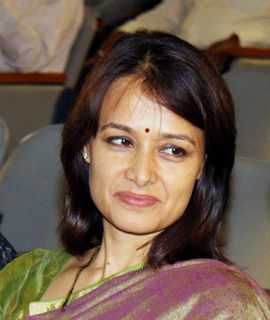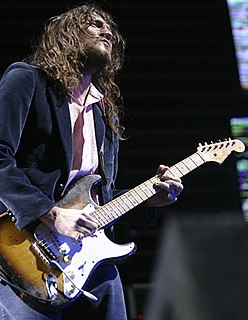A Quote by Janine Benyus
The real survivors are the Earth inhabitants that have lived millions of years without consuming their ecological capital, the base from which all abundance flows.
Related Quotes
We see a world of abundance, not limits. In the midst of a great deal of talk about reducing the human ecological footprint, we offer a different vision. What if humans designed products and systems that celebrate an abundance of human creativity, culture, and productivity? That are so intelligent and safe, our species leaves an ecological footprint to delight in, not lament?
The surface of the earth is not simply a stage on which the thousands of present and past inhabitants played their parts in turn. There are much more intimate relations between the earth and the living organisms which populated it, and it may even be demonstrated that the earth was developed because of them.
The earth's biosphere could be thought of as a sort of palace. The continents are rooms in the palace; islands are smaller rooms. Each room has its own decor and unique inhabitants; many of the rooms have been sealed off for millions of years. The doors in the palace have been flung open, and the walls are coming down.
She was one of those people who was born for the greatness of a single love, for exaggerated hatred, for apocalyptic vengance, and for the most sublime forms of heroism but she was unable to shape her fate to the dimensions of her amorous vocation, so it was lived out as something flat and gray trapped between her mother's sickroom walls, wretched tenements, and the tortured confessions with which this large, opulent, hot-blooded woman made for maternity, abundance, action, and ardor- was consuming herself.
The ecological crisis we face is so obvious that it becomes easy...to join the dots and see that everything is interconnected. This is the ecological thought. And the more we consider it, the more our world opens up." The ecological thought "...is a vast, sprawling mesh of interconnection without a definite center or edge. It is radical intimacy, coexistence with other beings, sentient and otherwise.
We got rich by violating one of the central tenets of economics: thou shall not sell off your capital and call it income. And yet over the past 40 years we have clear-cut the forests, fished rivers and oceans to the brink of extinction and siphoned oil from the earth as if it possessed an infinite supply. We've sold off our planet's natural capital and called it income. And now the earth, like the economy, is stripped.
In summer we live out of doors, and have only impulses and feelings, which are all for action, and must wait commonly for the stillness and longer nights of autumn and winter before any thought will subside; we are sensible that behind the rustling leaves, and the stacks of grain, and the bare clusters of the grape, there is the field of a wholly new life, which no man has lived; that even this earth was made for more mysterious and nobler inhabitants than men and women. In the hues of October sunsets, we see the portals to other mansions than those which we occupy.






































